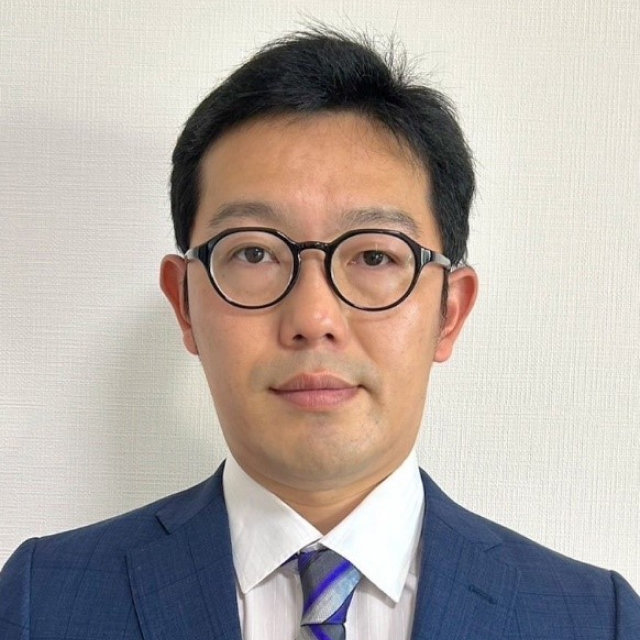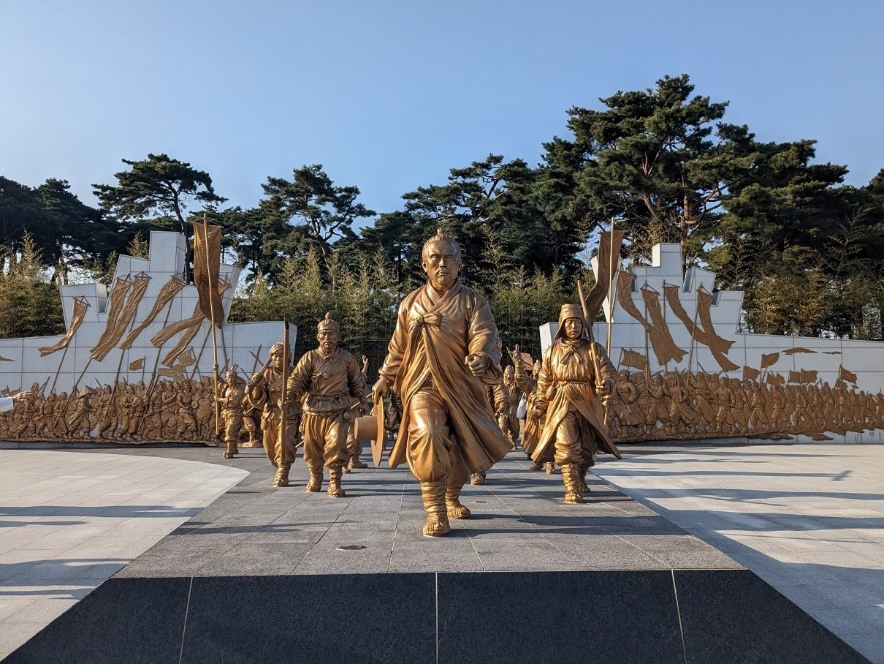Global HistoryPhilosophy and PsychologyResearch Collaborator
MAISAWA Tatsuya

Graduate School of International Cooperation Studies, Kobe University Research Associate
Three main achievements
- Maisawa, T. 2023. “Kankoku no Dokdo kanren minkan dantai ni kansuru kousatsu [A Study of Korean NGOs Related to Dokdo]”, Journal of International Cooperation Studies, No. 31: 97-115.
- Sugimura, K., Maisawa, T. & Choi, E. 2021. “Jinteki kouryu wa kokusai ninshiki wo kaerunoka: nicchukan daigakukan kouryu puroguramu ‘CAMPUS Asia’ no kokoromi [Do People to People exchanges change international perception?: A Challenge of CAMPUS Asia, a student mobility program among China, Japan and ROK]”, The Korea Journal of Japanese Studies, No. 53, 63-93.
- Maisawa, T. 2020. “Kankoku ni okeru shimin undou gensetsu no keisei: kirisuto kyou shakai undou no keifu ni chumoku shite [Formation of Discourse on Citizens’ Movement in Korea: Focusing on History of Christian Social Movements]”, Journal of International Cooperation Studies, No. 28 (1): 55-78.
Field of study
Korean Politics, Korean Area Studies, Northeast Asian International Politics
The kind of researcher you are aiming to become
I would like to be a researcher who can offer insights into questions that arise when one comes into contact with Korean culture and society, and at the same time provide opportunities to enhance one’s understanding of and sensitivity to other people and societies.
Introduction to your research theme
n South Korea, “past settlement”—a state-led initiative to investigate and address historical injustices—has become a political issue since the country’s democratization. This process aims to achieve justice and reconciliation for human rights violations that occurred during military regimes and is akin to “transitional justice” in other emerging democracies. However, in South Korea’s case, it extends beyond addressing injustices under authoritarian rule to include historical narratives about national origins, such as the roles of independence activists and pro-Japanese collaborators during the colonial period.
This study examines how the state and social actors have politicized the memory of historical events through “past settlement,” with a focus on the Donghak Peasant War. It argues that “past settlement” serves as a form of identity politics, questioning who we are and seeking to transform collective memory—how we perceive the connection between past events and the present—into a new framework.
The aim of this research is to analyze the political mechanisms of “past clearing,” identify which actors seek to change the collective memory of the Donghak Peasant War, and understand their values. This analysis is expected to shed light on the role of collective memory in Korean society and may provide insights into national reconciliation efforts, not only within Korea but also between Korea and Japan
Tentative title of the working paper
Memories of the Donghak Peasant Revolution and the Democratization Movement
Research Image

Statue of General Jeon Bong-jun and the Donggak Peasant Army at the Donggak Peasant Revolution Memorial Park, South Korea.

